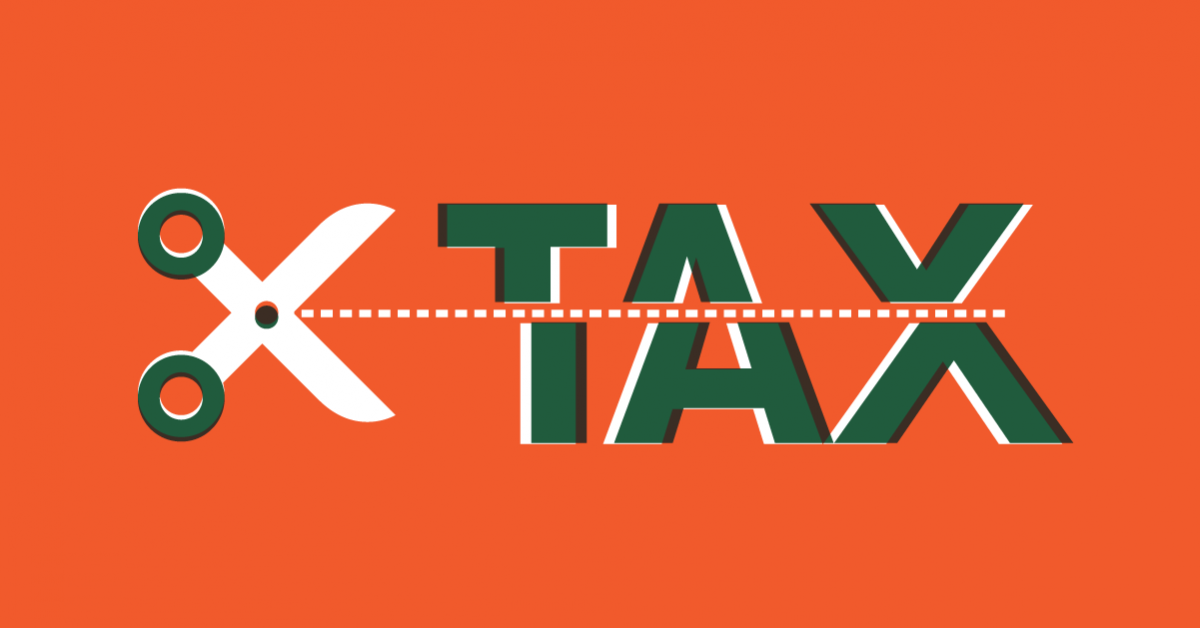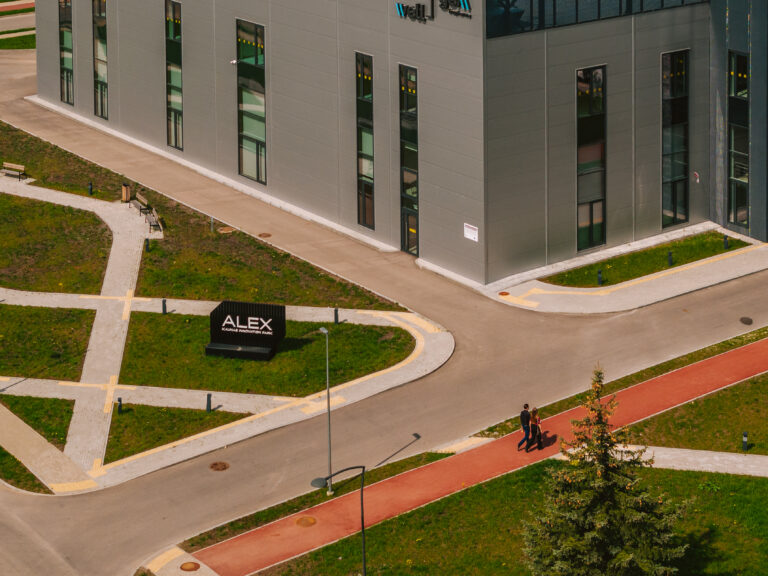In an effort to ensure the competitiveness of Lithuanian business in the EU and global markets as well as to encourage investment in scientific achievements and high technology, Lithuania offers corporate income tax relief, which is available to companies investing in research and development (R&D). This tax relief can be claimed by enterprises engaged in the production of novel foods based on unique recipes, development of new technologies, implementation of new methods, etc. With the competent authorities aiming to encourage businesses to invest in research and development, it is an opportune time for evaluating whether your company’s innovations or investments in development enable you to take advantage of the tax relief.
Who can benefit from R&D tax relief?
R&D tax relief can be claimed if a company operates in at least one of the following areas:
1. Experimental (social and cultural) development, ie systematic activities based on scientific research and practical experience and aimed at:
- Creation of new materials, products and equipment or major improvement of the same;
- Introduction of new processes, systems and services or major improvement of the same;
- Development, deployment or substantial improvement of solutions to human, cultural and social problems based on scientific research and knowledge gained from practical experience.
2. Applied research, ie experimental and/or theoretical work undertaken to acquire new knowledge and achieve specific practical goals or to complete tasks. These activities are generally undertaken by companies with research departments. Research does not necessarily lead to the creation of a new product.
3. Fundamental research, ie experimental and/or theoretical work to gain knowledge. It is least often used by companies as a basis for applying for R&D tax relief.
The main R&D criterion is the element of novelty, so every novel product or service can be regarded as experimental development. The element of novelty is a technical, technological, functional, visual or ergonomic feature of a product/service planned to be created or a set of such features, which:
1. Distinguishes the product/service/process planned to be created from other products/services available on the market and
2. Determines the decision of consumers to choose the product/service planned to be created.
Examples of R&D:
- Food industry: microbial research and experimental development of blue cheese involving the testing of microorganisms and their compounds causing the smell of blue cheese;
- Wood and wood products industry: development of the concept and design of an innovative wooden helmet that would do less damage than plastic helmets in the event of an accident;
- Information and communication technology sector: concept development of Spotify, an innovative music streaming platform, and of an innovative laser keyboard.
Corporate income tax relief on R&D investment
For the purpose of the calculation of corporate income tax, R&D costs can be deducted three times from income for the tax period in which they are incurred. R&D costs can be deducted if the R&D work carried out is related to the company’s regular or planned activities that generate or will generate income or provide economic benefits. Even if a company earns no profit during the period when R&D work is performed and costs are incurred, all the R&D costs can be treated as allowable deductions and thus increase the company‘s loss to be carried forward for an indefinite period. R&D costs are considered to include the following:
- Staff salaries, compulsory health insurance, state social insurance, and business trip costs;
- Costs of raw materials and supplies used in R&D work and other current assets;
- Costs incurred in purchasing R&D-related services;
- Costs incurred in procuring R&D supporting work from other individuals and businesses;
- VAT which is not deductible under the Law on VAT.
In addition, depreciation or amortisation costs of fixed assets used in R&D activities can be deducted from income through an accelerated procedure, ie within two years.
Reduction of taxable income due to an ongoing investment project
Another corporate income tax benefit is available to businesses investing in technological modernisation. This benefit gives businesses the right to reduce their estimated taxable profit by up to 50 percent. Taxable profit can be reduced by the amount invested in technological modernisation. Investment costs in excess of 50 percent of estimated taxable profit can be carried forward and the taxable profit can be reduced in subsequent tax periods (the costs can be carried forward for four consecutive tax periods).
This tax benefit is available to businesses investing in new (unused and made no earlier than two years ago) fixed assets intended for:
- Production of new and additional products or provision of services;
- Increase of production (or service provision) capacity;
- Implementation of new production (or service provision) processes;
- Material change of an existing process (part of it).
The tax benefit also applies to businesses investing in the deployment of technologies protected by international invention patents.
Source: www.lexology.com













